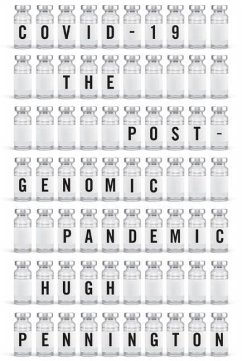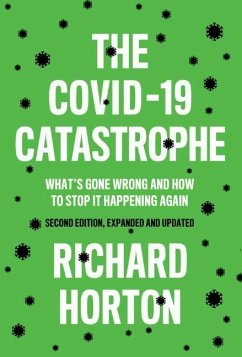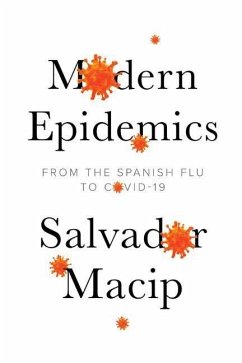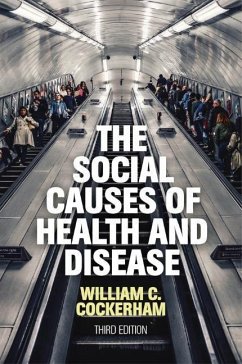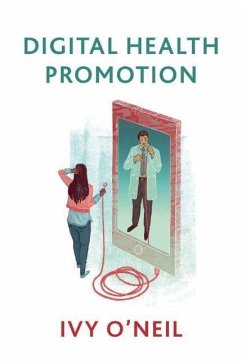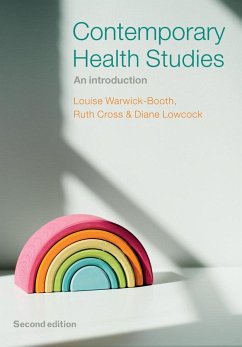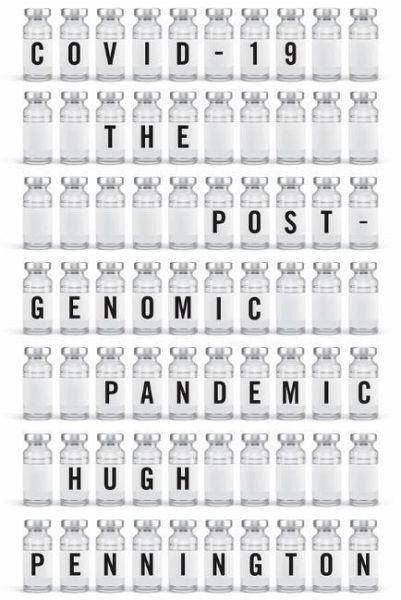
COVID-19
The Postgenomic Pandemic

PAYBACK Punkte
26 °P sammeln!
Within days of the first reports of patients suffering from a mysterious pneumonia in Wuhan, scientists in China had produced a complete genetic sequence of the virus and confirmed that it was a novel SARS-like coronavirus. The genetic sequence was deposited in a public database, making the genetic code available to scientists anywhere in the world. The result was that weeks before the WHO declared the outbreak a global public health emergency and months before COVID-19 was formally designated a pandemic, virologists around the world were already studying the protein spikes on the virus and de...
Within days of the first reports of patients suffering from a mysterious pneumonia in Wuhan, scientists in China had produced a complete genetic sequence of the virus and confirmed that it was a novel SARS-like coronavirus. The genetic sequence was deposited in a public database, making the genetic code available to scientists anywhere in the world. The result was that weeks before the WHO declared the outbreak a global public health emergency and months before COVID-19 was formally designated a pandemic, virologists around the world were already studying the protein spikes on the virus and designing vaccines, which were developed much more quickly, and turned out to be much more effective, than even the most optimistic had predicted. All of this was possible because a biological revolution had taken place a decade earlier: the world had moved into the postgenomic era.
In this book, the distinguished microbiologist Hugh Pennington argues that COVID-19 is the first 'postgenomic pandemic' - that is, the first pandemic to sweep the world after the postgenomic era was initiated in 2008. Pennington explains the science behind this crucial development and shows how it has revolutionized our ways of understanding and dealing with pandemics, including the pandemic that brought our world to its knees.
In this book, the distinguished microbiologist Hugh Pennington argues that COVID-19 is the first 'postgenomic pandemic' - that is, the first pandemic to sweep the world after the postgenomic era was initiated in 2008. Pennington explains the science behind this crucial development and shows how it has revolutionized our ways of understanding and dealing with pandemics, including the pandemic that brought our world to its knees.




